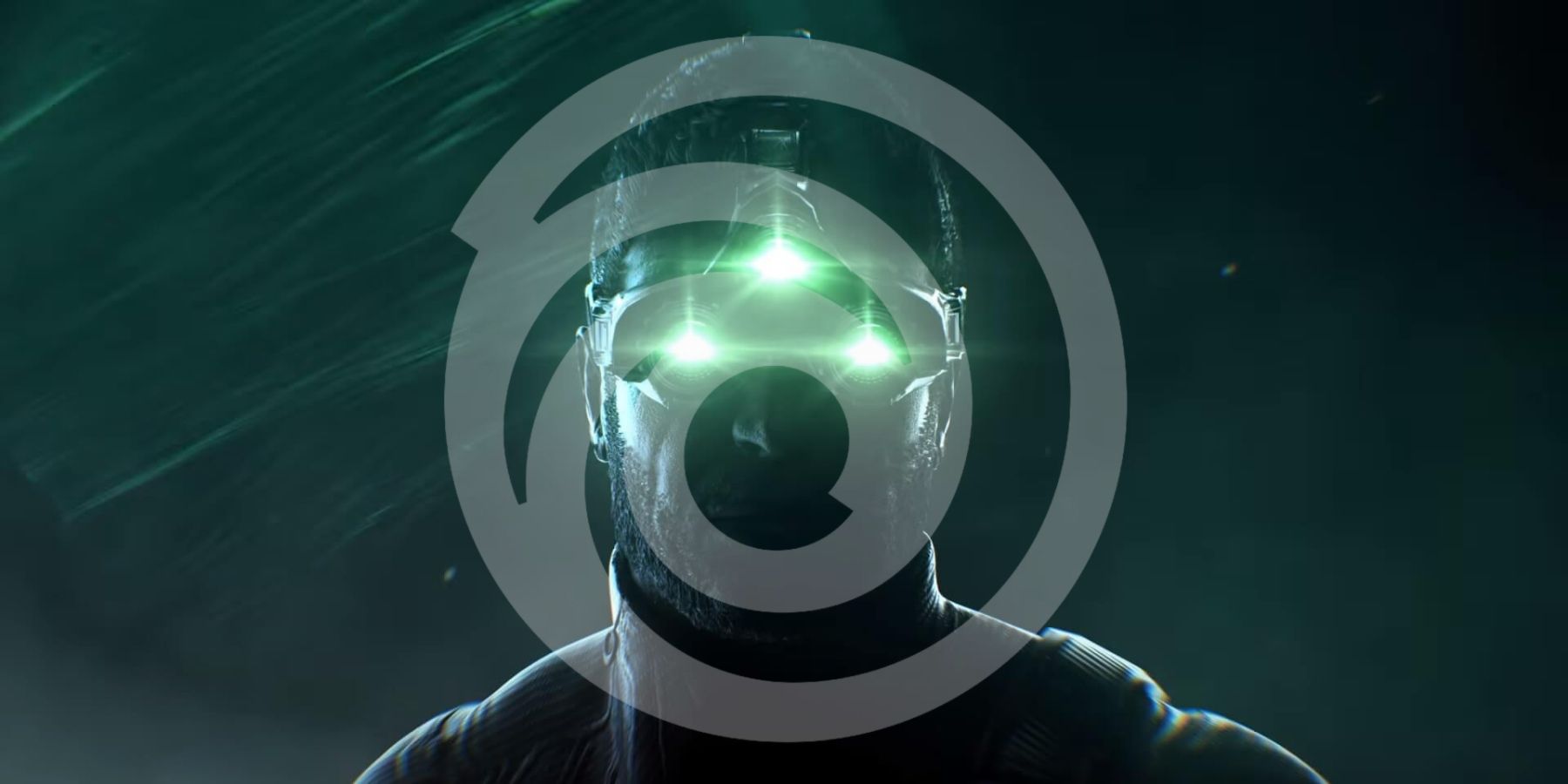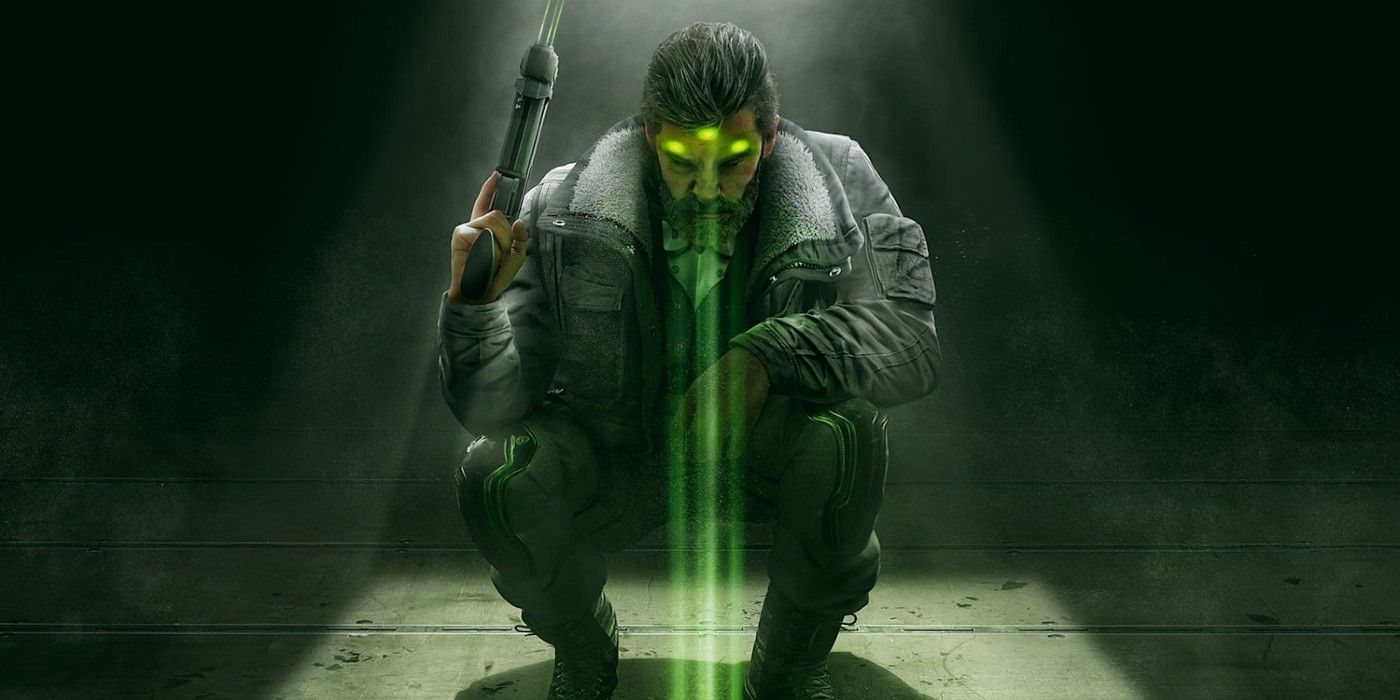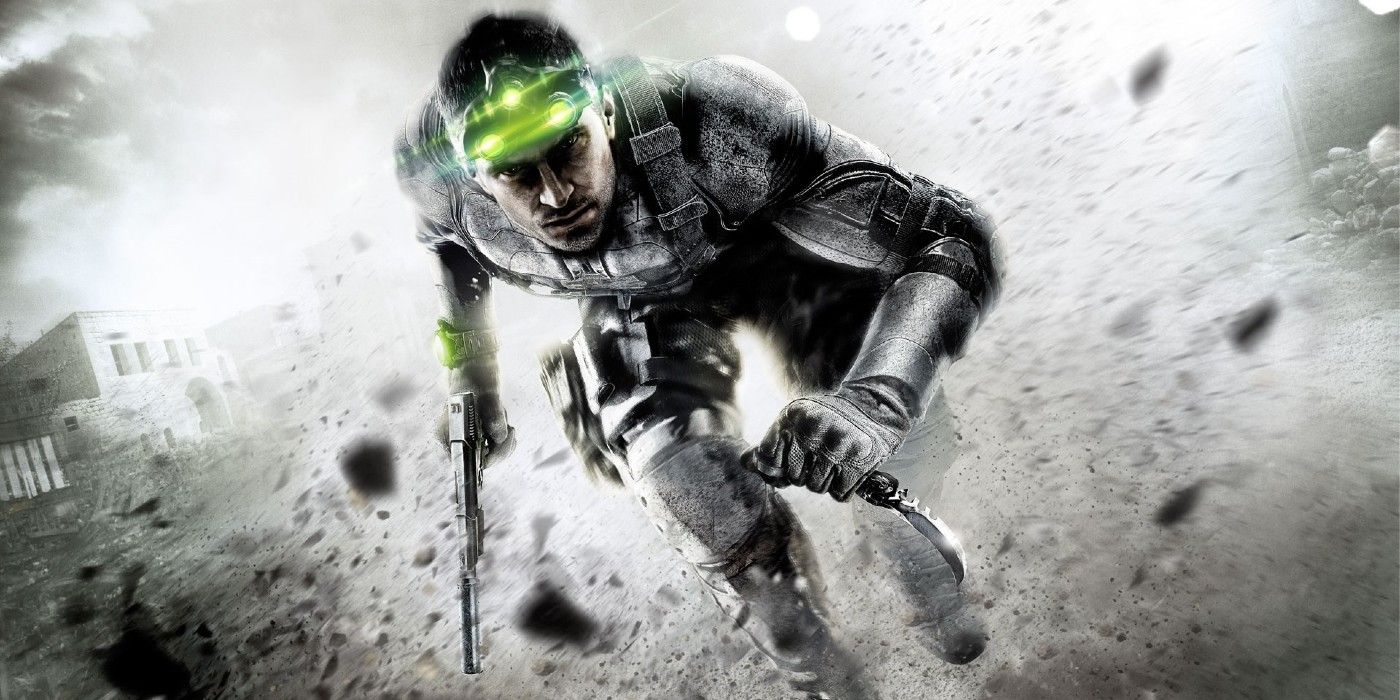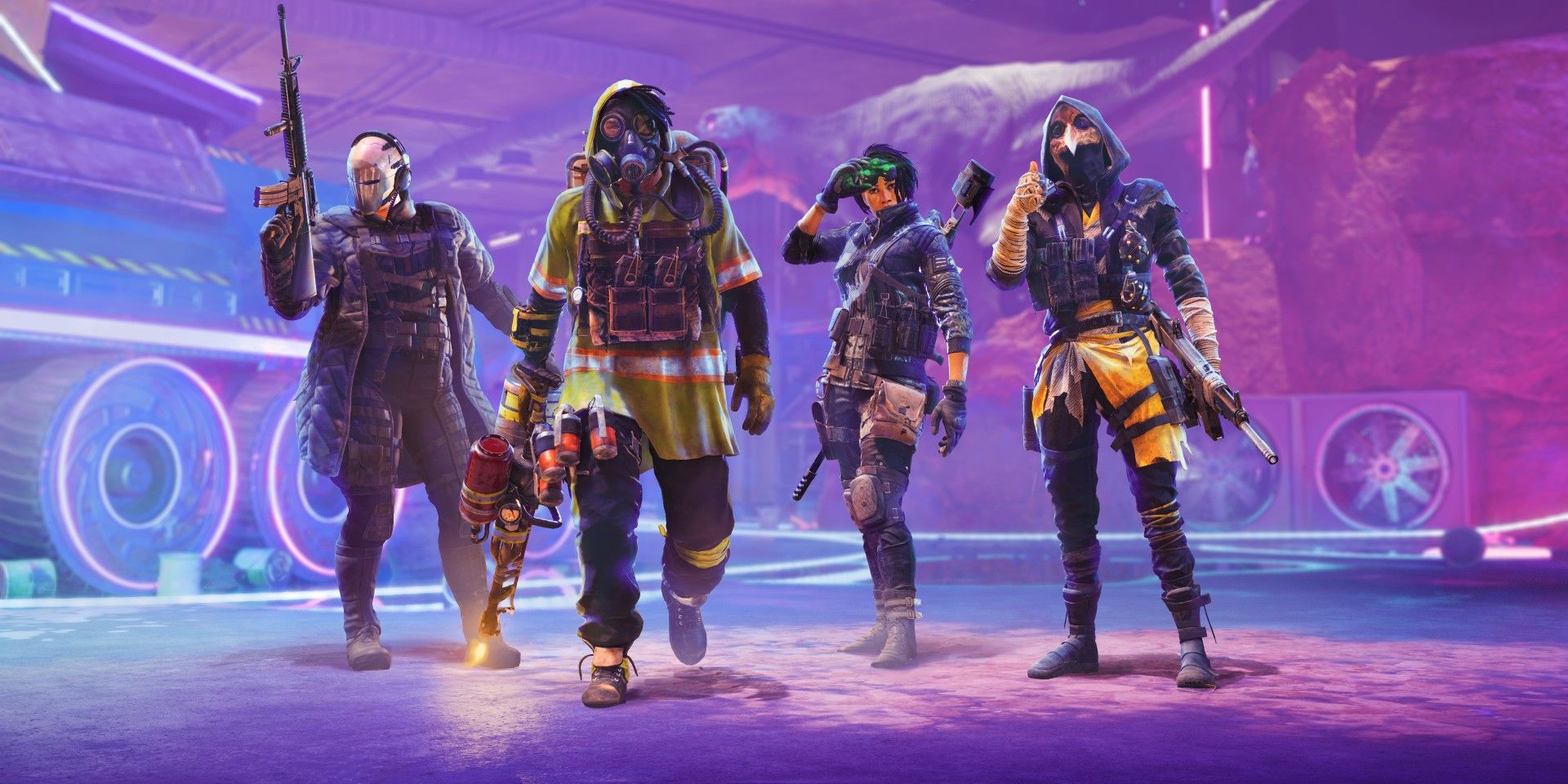Splinter Cell has laid dormant since 2013, and it may be because Ubisoft doesn't really know how to move the franchise forward. The series began with the original Tom Clancy's Splinter Cell in 2002 with the author's endorsement, and was influential in the stealth genre. Ubisoft filing a Splinter Cell trademark has led to speculation of another entry in the series approaching, but many are apprehensive that it will not live up to its reputation. At this point in time, it seems unlikely that Ubisoft could deliver a compelling Splinter Cell game for a variety of reasons, including the design philosophy behind the developer's most successful titles, dubious recent projects, and the company's penchant for eroding the identities of established IP.
Ubisoft is one of gaming's most prominent developers and publishers, owning popular franchises like Assassin's Creed, Far Cry, Just Dance, Watch Dogs, and every Tom Clancy-branded series, including Splinter Cell. Many of the company's games are wildly successful and have had broad appeal in the more casual gaming audience. With core gamers, however, it seems that the frustrations with Ubisoft grow every year. Assassin's Creed and Far Cry games are incredibly formulaic, but manage to satisfy broad desires for open-world sandbox games. Rainbow Six has enjoyed lasting success in recent years with the competitive shooter Siege, but Ubisoft seems stumped on where to take the series next.
A plausible assumption for Splinter Cell's long hiatus may be that Ubisoft has had trouble transitioning the series to its modern design philosophy. Splinter Cell has historically had story-focused games marketed as generally linear, single-player experiences with a major emphasis on stealth gameplay. Industry insiders claim the rumored upcoming Splinter Cell will be a stealthier Assassin's Creed, which is a bit comical considering stealth was one of the foundational elements to the Assassin's Creed series - one that has slowly been phased out. Until there's any actual concrete evidence that a new Splinter Cell exists, this all remains speculation, but that idea, combined with recent exploits from Ubisoft, doesn't paint the most promising picture for the future of Splinter Cell.
Splinter Cell Could Suffer From Micro-Transactions
In a way, Ubisoft has transitioned all of its major titles to some form of live-service monetization. Players still have to pay the entry fee - which is a staggering $70 on current-generation hardware - but are then subjected to an inundation of microtransaction opportunities, from cosmetics to content shortcuts. Assassin's Creed even lets players buy gold to spend in-game, or XP boosts to make it easier to tackle the series' massive time sinks masquerading as skill trees. Sam Fisher, Splinter Cell's main character, makes cameo appearances in other Ubisoft titles, and it seems almost guaranteed that the series would make a return with dozens of unlockable and purchasable outfits for him.
Another worrisome endeavor from Ubisoft is its recent attempts at pioneering the "playable NFTs" space - an ill-conceived and wildly anti-consumer attempt at making microtransactions even more manipulative. Paying five dollars to give Sam a cool coat and fancy new goggles is already a terrible alternative to it simply being unlockable through playing the game, but now Ubisoft is hoping to introduce artificial scarcity through in-game NFTs that can capitalize on the fear of missing out. There's simply no justifiable reason to market limited-series cosmetic NFTs to players, and the idea would only make Ubisoft's games even worse if implemented. Luckily, the company has already faced significant criticism over the reveal of its NFT project, and the announcement video was delisted after receiving a dislike ratio of 96% on YouTube.
Splinter Cell Doesn't Fit Ubisoft's Blockbuster Formula
Another major hurdle that may have stopped Ubisoft from cranking out Splinter Cell games could be a difficulty in grafting it onto the blockbuster formula so many Ubisoft games use. Most of Ubisoft's single-player (and even some multiplayer) games have RPG elements in some form included that do little more than artificially expand content. Assassin's Creed, Far Cry, Ghost Recon Breakpoint, Watch Dogs, and The Division all drown players in a deluge of content so that they can grind XP for skills that often amount to trivial upgrades like "+2% melee damage." Ubisoft even knows playing one of its games can be a chore, because the company sells XP boosts for single-player games in their microtransaction stores.
Assassin's Creed started off as a stealth game, with some parallels that could be drawn to Splinter Cell, but AC was already open-world to some degree. Having Sam Fisher climb a tower so that more icons can be revealed on that region's map for the player would feel ludicrous. Because of their scale, open world games cannot have the detailed and tightly designed levels that Splinter Cell has had in the past. Unless a new Splinter Cell is a complete reboot, putting a skill tree in the game would make no sense; at this point, Sam Fisher canonically has decades of experience. It's conceivable that Ubisoft introduces a new Splinter Cell protagonist, but Ubisoft's open world formula barely works for Ghost Recon, and might result in a disappointing return for Splinter Cell.
Ubisoft Doesn't Know What To Do With Tom Clancy Games
A glimpse into the potential future of Splinter Cell can be seen in the way Ubisoft has handled the Tom Clancy's license as a whole recently. Tom Clancy's XDefiant is a multiplayer FPS amalgamation of the brand's games, and early XDefiant gameplay footage left fans displeased at how the IPs were combined for no reason and with no cohesive aesthetic. Rainbow Six, after the aforementioned success of Siege, is pivoting to an upcoming co-op, horde-style shooter called Extraction. It even uses the same characters as Siege, but hasn't seemed to capture any significant excitement in the lead-up to its January 2022 release. Similarly, a free-to-play Ghost Recon game with battle royale elements called Frontline was announced and then quickly delayed after the overwhelmingly negative reception to its reveal trailer.
XDefiant doesn't seem like it will compete with other popular FPS games, Rainbow Six Extraction isn't even in the same realm as the series' source material, and Ghost Recon Frontline seems to be the opposite of what many longtime fans want. Ubisoft is fumbling the Tom Clancy's brand to the point that its last three announced games are either hardly anticipated, or met with confused disinterest. The Tom Clancy's brand doesn't mean much anymore, which leaves very little hope of a new Splinter Cell living up to its legacy. Ubisoft only seems capable of making open-world sandbox games, or announcing ill-conceived ideas like playable NFTs and a Ghost Recon battle royale. Splinter Cell could potentially make a triumphant return to the stealth shooter genre, but it seems unlikely with Ubisoft at the helm.




